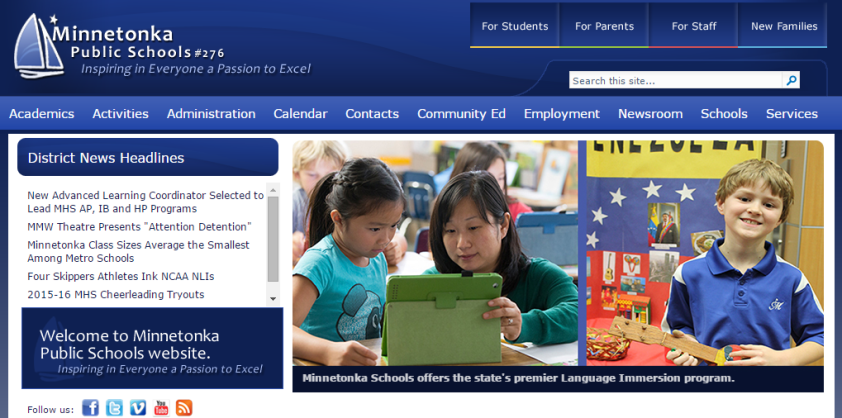
In a land of corporate empires, brand identity is everything. Companies have developed loyal followings for everything from lunchmeat to laptops, vacation escapes to vacuum cleaners. Coffee chains. Sports franchises. Car manufacturers. They know when they create a loyal customer, it sustains their business.
What creates that kind of brand loyalty? A positive experience with the company’s representatives, certainly. Being treated fairly. Getting good value. Excellent customer service. Trust is key. Customers have to feel their belief in the company is well founded. After all, they’re making an investment.
This investment is more than cash. It’s an investment of one’s self. A personal, emotional connection that builds over time, with every successive positive interaction with the company. Been driving the same brand of truck for years? Chances are your next truck will be the same brand, too.

So why would a company take the chance that every sales rep and every customer service contact is going to continue to build that cumulative customer loyalty? Betting on product quality and customer service is tenuous, at best. Things happen. The way to sustain brand loyalty is to create a culture where consumers feel they belong…where the brand becomes part of their lifestyle…where consumers become real-life walking, talking ambassadors for products. And it works.
So what’s the problem? No harm, no foul. Everyone is a witting participant. You can be in the tank for whatever logo you like. Right? “I pledge allegiance to the brand…” There’s no place for healthy skepticism when brand identity becomes personal identity. At that point, choosing a brand becomes less of a conscious act and more of an emotional reaction. It’s easy because it’s lazy…and that’s where things get complicated…
Giving a corporation undivided loyalty creates a tendency to stop questioning. After all, loyalty is born out of trust, and the longer the relationship with a brand, the stronger that willingness to believe. It all works so well…until there’s a negative experience…something that jolts the customer…and the commitment comes into question. There’s a disturbance in the force…a crisis in faith…the realization that corporations do not give blind loyalty in return.

What happens at that moment is the problem. When presented with evidence that goes against blind brand loyalty, is the customer able to objectively and independently make choices free of the emotional bond that is in place? Think of any other emotional bond in life. How easy is it to break?
As educators, we have an ethical obligation to remain independent in thought, free from bias and influence. It’s one thing to have an allegiance to an organization that is aligned with your values, but quite another to allow a brand’s values to define you.
Give companies their due, but never give them your soul. Follow what is good and right and in the best interests of children and their education. Spend your dollars accordingly, because where and how you spend is a reflection of your values and priorities. Invest in innovation. Celebrate startups. Never surrender your integrity.

Define yourself by who you are when you stand alone, not with whom or what you are seen. Jump off the bandwagon. Do the work, and give yourself permission to change your allegiances as necessary. Be wise. Be wary. Support organizations that pursue a higher calling, and pursue organizations that support your higher calling.
Develop your own professional brand, instead of touting someone else’s. And may the force be with you.





 be til we have that defining moment, when social media stops serving as an echo chamber for our egos…when we rise above self-serving pats on the back and safety-in-numbers educational correctness (you know…political correctness among educators)? When do the cliques and commercially-anointed cohorts play out to their logical conclusion, and people realize they’re getting about as far as they would leaving a business card in the fishbowl of a favorite local lunch stop?
be til we have that defining moment, when social media stops serving as an echo chamber for our egos…when we rise above self-serving pats on the back and safety-in-numbers educational correctness (you know…political correctness among educators)? When do the cliques and commercially-anointed cohorts play out to their logical conclusion, and people realize they’re getting about as far as they would leaving a business card in the fishbowl of a favorite local lunch stop?








